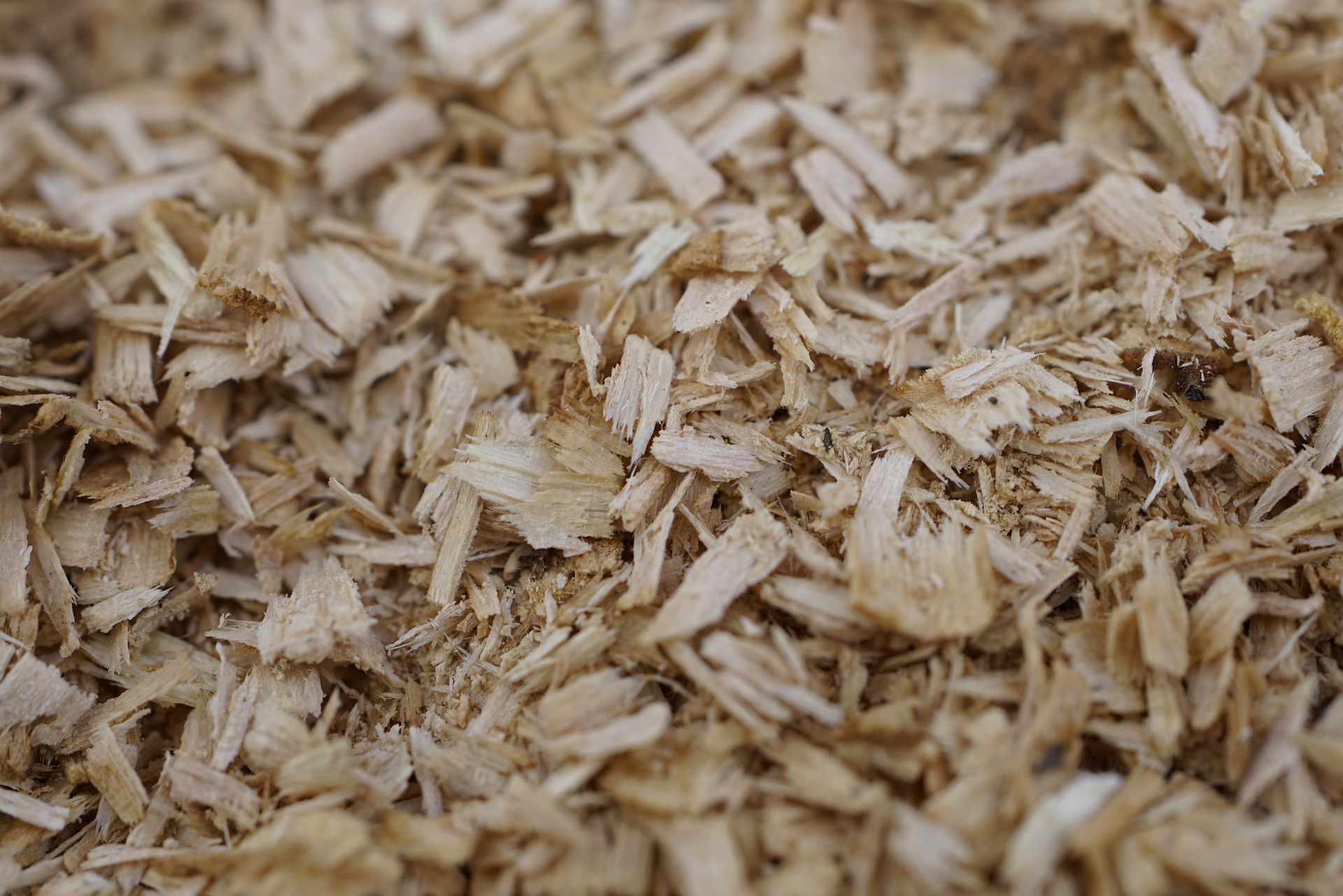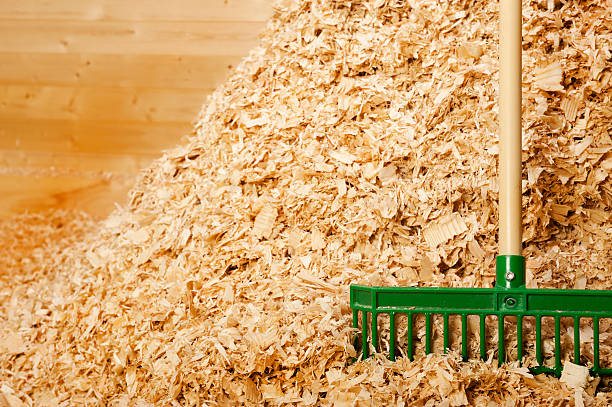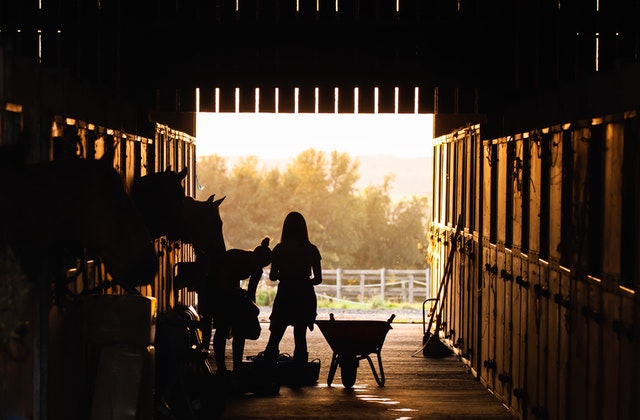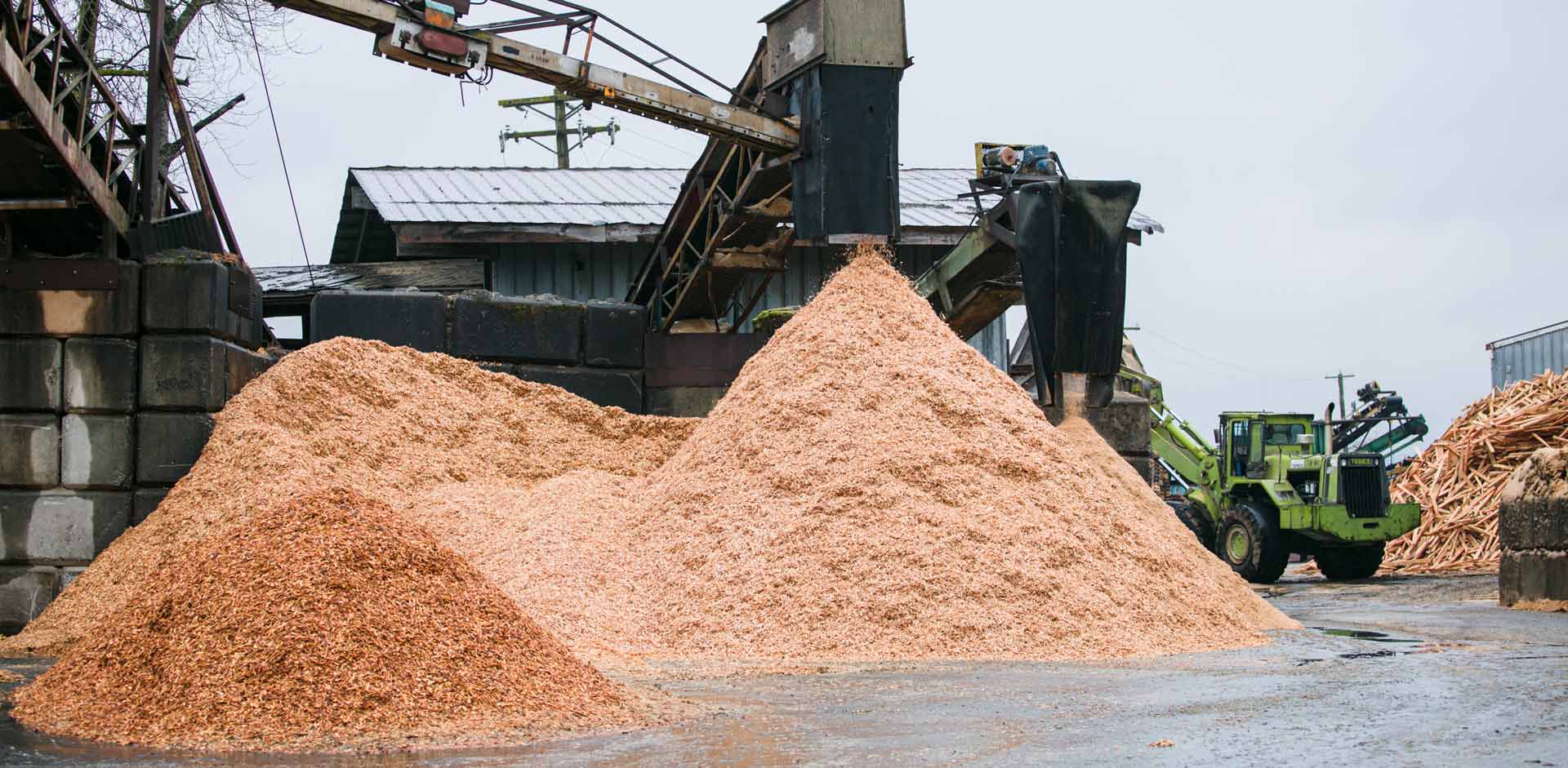Have you ever tried to compost wood shavings? Composted wood shavings turn into a rich, nutritious, organic growing medium for your garden. Wood shavings are an essential addition to any compost pile because they are a great source of carbon. Furthermore, their coarse texture prevents the pile from compacting, which encourages air and water to flow freely. However, you may be disappointed by how slow the process is.
How Long Does It Take for Wood Shavings to Decompose?
The natural decomposition of wood shavings in a compost pile can take several months depending on the size of the chips, type of wood and climate. Sometimes, wood shavings can take as little as three months to decompose into finished compost, but they can take two to four years if you leave them to break down naturally.
Over the summer months, the centre of the pile heats up, and wood shavings decompose more quickly. During winter, decomposition rates tend to slow due to cold.
Tips to Accelerate Decomposition
Here are some tips to help make your wood shavings decompose faster:
1. Reduce the size of wood shaving
Larger wood chips decompose at a slower rate than smaller chips. If your wood shavings are in big chunks, run them through a woodchipper to reduce their size and speed up the composting process.
2. Scatter some fertilizer
Spread a handful of 10-10-10 granular fertilizer evenly over the compost pile, or use two handfuls if the pile is large. You can also choose a fertilizer with a higher nitrogen concentration instead of the balanced 10-10-10 fertilizer, which has equal proportions of nitrogen, phosphorus and potassium.
3. Add a nitrogen source
The microbes that break down the wood feed on nitrogen, so they’ll work faster if you add more. Suitable nitrogen sources include manure, urea, coffee, grass clippings, ammonium sulphate, kitchen scraps, comfrey leaves and urine. Composting toilets are a great way to add nitrogen to compose using urine.
4. Wet the mound to make it decompose quickly
To begin the decomposition process, sprinkle water between each layer of the compost pile until it is just damp. Watering the pile ensures a consistent moisture level. Fertilizer also dissolves with water.
5. Infuse bacteria into the pile
Bacteria and fungi are microbes responsible for breaking down organic matter into compost. Bacteria work faster than fungi, and materials that favour fungi are typically slower to deteriorate. As wood is high in lignin, a bacteria-resistant protein, fungi do most of the initial work to break it into components accessible to bacteria.
6. Turn your compost more often
After starting your compost pile, turn it every two weeks. Wood and bark shavings and green materials can decompose into finished compost in as little as three months, especially during the summer when the pile’s centre heats up. Do not turn it in the winter, as turning can release heat and hinder decomposition.
Are You Looking for Wood Shavings in Vancouver?
If you’re thinking of making your own compost and are looking for wood shavings, contact us at Klassen Wood Company. We offer the highest quality wood shavings products at competitive prices.
Call us today at 888.349.1939 to learn more or shop online today.





